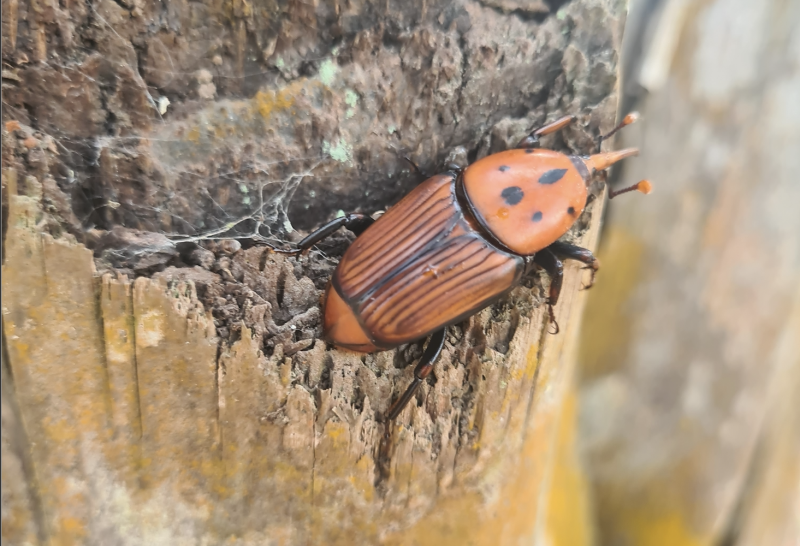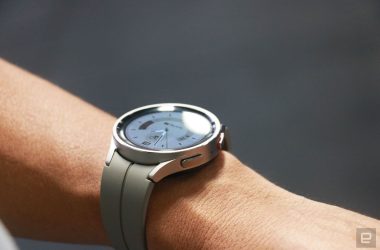UK TECH FIRM TARGETS £320BN GLOBAL INSECT PEST CHALLENGE
Spotta sets sights on preventing 50% crop damage while reducing insecticide use by 70%
Insect pest monitoring technologies increase crop yields by 8%
Spotta Smart Pest Systems provides cost-effective solution for the small creatures causing big problems for farmers
10 November 2021: Spotta Smart Pest Systems is helping the global agricultural sector improve productivity and profitability through remote monitoring technology reducing insect crop damage costs to farmers by 50%.
Globally, insect pests cause £320 billion damage each year, despite over 4 million tonnes of pesticide being used. Spotta has developed an insect pest monitoring system for the agricultural industry to detect and act early in the battle against pests to increase yields while reducing chemical/ insecticide use by 70%.
Tapping into the commercial opportunities for insect pest management, Spotta’s remote monitoring technology is predicted to reach over £178 million in sales by 2026, with 70% generated by export sales. Spotta has already increased its revenue ten-fold (from 2019 to 2021) with its systems being used across three regions (Europe, Middle East and Asia) and plans to open a US office later this year.
Farming’s reliance on costly insecticides
For farmers, almost £30 billion in crop damage is caused by two common insect pests: Weevils (Curculionoidea) – impacting wheat, barley, sweet potato, peas, beans, fruit dates and soft fruit – and Moths (Lepidoptera) – affecting corn, cabbage, cauliflower and broccoli.
Insecticides could cost as much as £735 per hectare because chemical treatments are applied reactively, after the yield has been impacted and when insect populations are large and exponentially reproducing.
Compared to manual inspections, Spotta’s smart remote monitoring systems allow prompt, precise and pre-emptive action, made at the optimum time for disrupting pest population growth. As well as reducing crop damages by half, remote insect monitoring can achieve up to 70% savings on chemical treatments and fewer on-site visits needed from agronomists.
Robert Fryers, CEO of Spotta, says: “We understand the damage insect pests can do to the agricultural sector. Existing monitoring methods require regular manual inspection and replacement of consumables, which is prohibitively expensive for many farmers. Our technology allows ‘fit and forget’ monitoring, providing real-time data on insect populations. This enables farmers to make the right intervention at the right time, leading to around three times return-on-investment.”
Current impact of imported treatments in the UK
For the UK, agriculture contributes £10.3 billion a year to the nation’s GDP (0.59 percent of total GDP in 2020). Monitoring and proactive insect pest management programmes will help reduce the UK’s dependence on often-costly imported pesticides. The land area being treated with pesticides increased by 63% from 1990 to 2016, alongside increases in toxicity and the number of crops being treated. At a time when the UK’s delivery chains are increasingly unreliable, removing the reliance on imported chemicals can only be a benefit to the industry.
Smart technologies and industry investment
Spotta’s approach to insect pest monitoring is supported by some of the world’s leading agricultural advisors and investors. Following the development of its agricultural products, Spotta welcomed David Bowles, General Partner of The Yield Lab, an international agrifoods VC firm specialising in agriculture and forestry, to the board, where he joins investors from the UK and USA. The company is further supported by global entomology expert and former Director of the US National Institute of Food and Agriculture, Sonny Ramaswamy, in his role as a Special Advisor.
David Bowles, Managing Partner of The Yield Lab, adds: “We are delighted to have invested in Spotta. Their portfolio shows how technology can be applied in a smart way to help tackle insect pests and increase the sustainability of the industry. Spotta’s ability to rapidly deploy their technology to almost any insect will have a huge impact on how the world manages insect pests’.
Offering unique detection and 24/7 monitoring solutions, Spotta’s smart systems allow businesses to react early and in a targeted manner to the presence of pests. This early action leads to a reduction in pesticide use in treatment and minimises overall damage caused by pests, controlling them before large scale infestations can take hold. Spotta uses computer vision (to detect and classify the pests), a dedicated communication network (to notify of pests’ presence) and custom-designed hardware, for ‘fit and forget’ installation. Spotta systems are being used within agriculture, forestry and hospitality.
For more information on Spotta Smart Pest Systems, visit spotta.co










